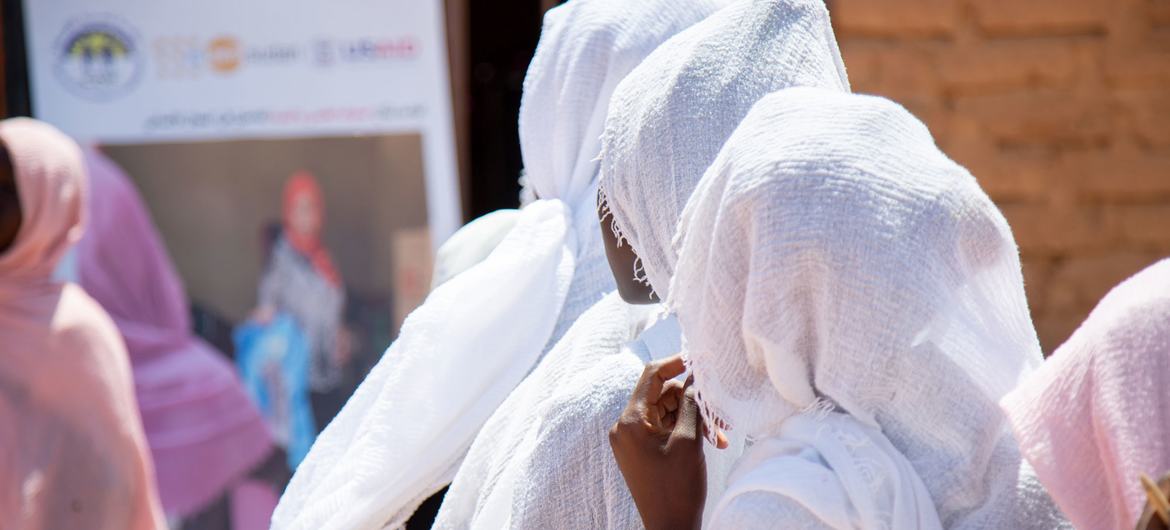
UN Fact-Finding Mission on Sudan Calls for Arms Embargo
moatinoon
The United Nations Independent International Fact-Finding Mission on Sudan has called on the international community to implement an arms embargo and ensure accountability for serious human rights violations. The Mission reported a surge in the use of heavy weapons in populated areas, a sharp increase in sexual violence, the use of humanitarian aid as a weapon of war, and the besiegement of hospitals and medical facilities.
These findings were presented during a briefing to the UN Human Rights Council in Geneva on Tuesday, where the Mission outlined a wide range of violations including militarization of society, foreign interference, widespread acts of retaliation, and the weaponization of aid.
“Let’s be clear: the conflict in Sudan is far from over,” said Mohamed Chande Othman, Chair of the Fact-Finding Mission. “The scale of human suffering is worsening, and the breakdown of governance, militarization of society, and foreign interference are fueling a crisis that grows more deadly each day.”
Since its last report to the Council, the Mission stated it had conducted 240 interviews, received 110 written responses, and verified 30 video clips, geo-locating eight attacks. It also confirmed that it is compiling case files identifying potential perpetrators.
The Mission revealed that it has initiated confidential cooperation with relevant judicial bodies. “Despite Sudan’s refusal to allow the Mission entry,” it said, the team conducted investigations in Uganda and Chad, and held high-level discussions with African Union officials in Addis Ababa, Ethiopia.
Mona Rishmawi, a member of the Mission, stated:
“What began as a political and security crisis has now become a severe emergency in terms of human rights and protection, involving international crimes that stain all those responsible. It is outrageous that this devastating war is entering its third year with no sign of resolution. And let us be reminded—civilians continue to bear the brunt of the escalating violence.”
The Mission found that both parties to the conflict have intensified their use of heavy weaponry in civilian-populated areas. In and around El Fasher, civilians have faced assault, arbitrary detention, and killings, and entire villages have been burned and looted by the Rapid Support Forces (RSF). In areas retaken by the Sudanese Armed Forces (SAF)—including Khartoum, Al-Jazira, and Sennar—the Mission documented widespread retaliatory violence between late 2024 and mid-2025.
The Mission also reported that humanitarian aid continues to be weaponized. The SAF has imposed bureaucratic restrictions, while the RSF has looted aid convoys and obstructed the delivery of humanitarian assistance entirely.
Joy Ngozi Ezeilo, another expert with the Mission, emphasized:
“Accountability is not a luxury—it is a prerequisite for lasting peace. Its absence perpetuates conflict. Justice must be demanded, and it must be central to any peace agreement, addressing the deep-rooted impunity that fuels the crisis in Sudan.”

